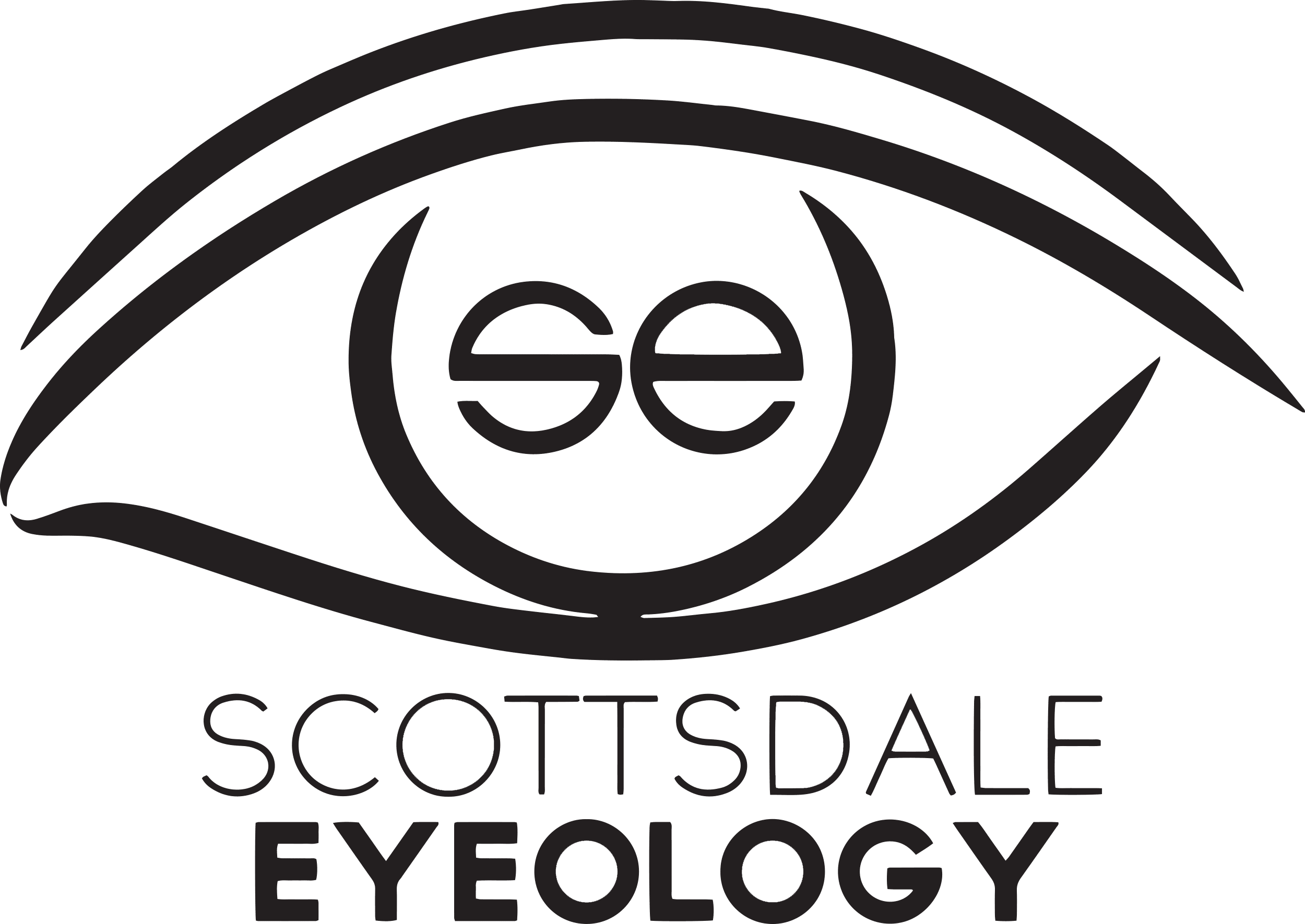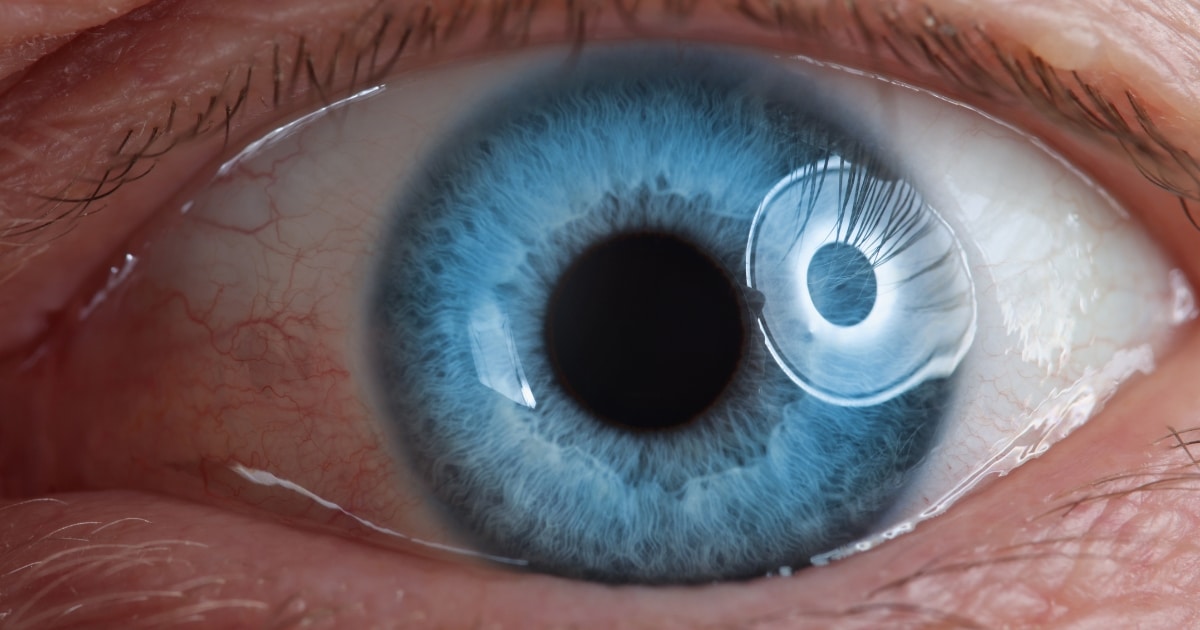A sudden shift in your vision can feel alarming, especially when you suspect something might be wrong with your eyes. Imagine going about your day when suddenly you notice odd flashes of light or an unsettling shadow creeping into your field of view. These symptoms could signal a retinal tear leading to retinal detachment if not addressed promptly. Let’s dive into how retinal tears affect your vision, what causes them, and the importance of seeking timely treatment.
What Is a Retinal Tear?
When the thin layer of tissue at the back of the eye—the retina—becomes damaged or torn, you might experience a retinal tear. This delicate membrane plays a crucial role in processing visual information. When it’s compromised, your ability to see clearly can be significantly affected. Patients also complain of developing dry eyes due to retinal tears.
Common Symptoms to Watch For
Recognizing the signs of a retinal tear is vital. If you experience any of the following symptoms, consult an eye care professional immediately:
- Flashes of Light: Sudden bursts of light in your peripheral vision can indicate a tear.
- Floaters: These small, dark spots or lines may appear suddenly and float across your field of vision.
- Shadows or Curtains: A shadow or curtain-like effect across your vision may signify a more severe issue.
- Blurred Vision: You may notice a decrease in clarity or focus in one or both eyes.
How does Vision change with a Retinal Tear?
The impact on your vision can vary based on the tear’s location and severity. Here’s how a retinal tear can influence your sight:
1. Peripheral Vision Loss:
Many individuals first notice changes in their peripheral vision, often described as a dark curtain or shadow. These changes may start subtly, making it hard to gauge how much their vision has changed.
2. Distorted Vision:
Straight lines may appear wavy or bent, affecting your perception of shapes and objects. This distortion can be disorienting, particularly when reading or focusing on details.
3. Decreased Visual Acuity:
Some may experience a decline in overall clarity, leading to difficulty seeing fine details. This decline can impact daily activities, from driving to reading fine print.
4. Increased Light Sensitivity:
A heightened sensitivity to light can occur, making bright environments uncomfortable. You may squint or need to adjust your surroundings to manage glare.
Causes of Retinal Tears
Understanding the factors contributing to retinal tears can help you take preventive measures. Here are some common causes:
- Aging: As we age, the vitreous gel inside the eye can shrink, leading to tears or detachment.
- Eye Injury: Trauma to the eye can damage the retina.
- High Myopia: Due to the shape of their eyes, individuals with severe nearsightedness may be more prone to retinal issues.
- Previous Eye Surgery: Those who have undergone cataract surgery or other eye procedures may be at higher risk.
Retinal Detachment Surgery – The Solution
If you suspect a retinal tear, early intervention can help prevent more severe conditions, like retinal detachment, which can lead to permanent vision loss. The best treatment for such a condition is retinal detachment surgery. If the tear has already led to detachment, surgery may be necessary to reattach the retina and restore vision. Get it done under the guidance of licensed eye specialists.
Recovery and What to Expect
After treatment, your recovery will depend on the procedure performed and the extent of your condition. Here’s what you can generally expect:
- Follow-Up Appointments: Regular check-ups will be essential to monitor your healing process.
- Activity Restrictions: Stay away from strenuous activities or heavy lifting for a period.
- Vision Changes: Some people notice immediate improvement in vision, while others may take time to heal fully.
A retinal tear can dramatically change how you see the world around you, but timely treatment can significantly affect your visual health. Awareness of the symptoms and causes of retinal tears is your first step toward maintaining eye health. If you experience any unusual changes in your vision, don’t hesitate to contact a local eye care professional. Your eyes are too important to ignore, and understanding how to protect them can lead to a clearer future.
Taking proactive steps in vision care protects your eyesight and enhances your overall quality of life. Don’t wait for the symptoms to worsen; act swiftly to preserve your vision health today!


